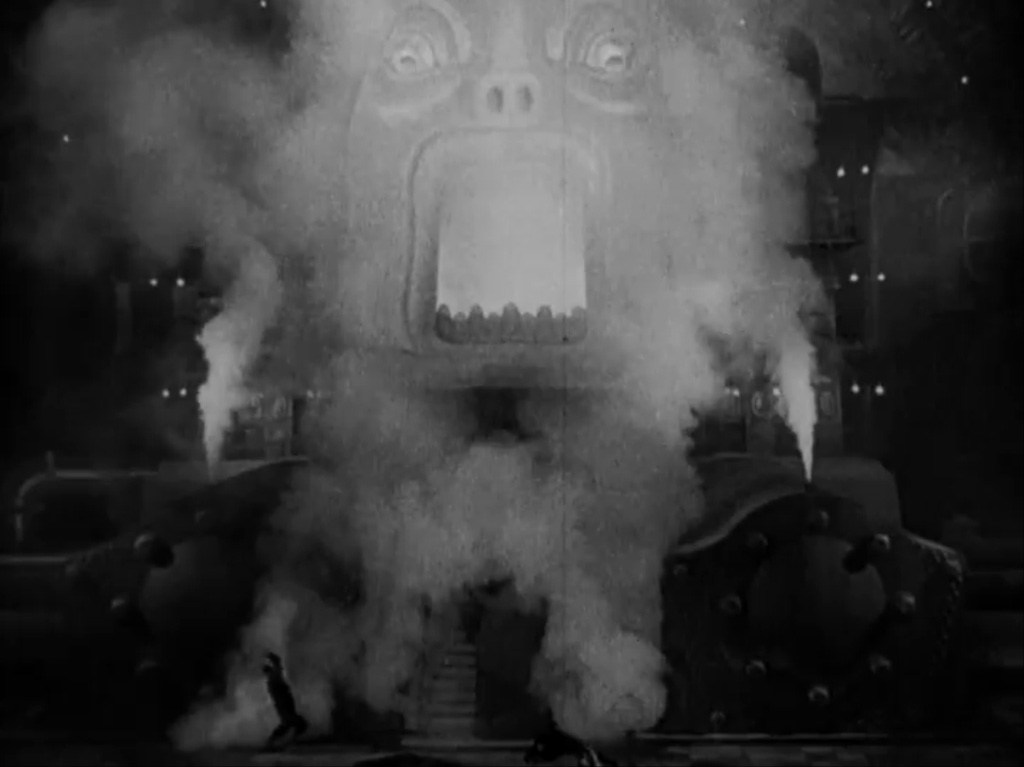Carrefour has announced the opening of its standalone store “Flash” at 11 avenue Parmentier in Paris. This connected store promises to shop in 10 seconds and pay in 10 seconds. This first Carrefour “Flash” store was created with the American start-up AiFi and concentrated technology. Discover in this article a presentation of this autonomous store and a techno-skeptical reflection on the future of retail. Carrefour Flash: thoughts on this autonomous store and connected retail
Carrefour flash: concentrated technology
The Carrefour Flash store results from the conversion of a pedestrian drive-through that Carrefour already owned at 11 avenue Parmentier. It is a little sales outlet (50m²) in which 4 employees were operating.
The recognition and tracking technology of the company AiFi was chosen to connect the store and make it autonomous thanks to:
- 2,000 sensors
- 60 cameras
The cameras are on the ceiling and allow to follow the customers’ movements. AiFi and Carrefour assure that this technology respects privacy and GDPR because each visitor is represented as an avatar. The images of the customers would therefore not be recorded. The proposed customer experience is thus significantly different from that of an Amazon Go or, in general, stores equipped with Amazon’s Just Walk Out technology.
A better marketing mix
Transforming a traditional sales outlet into a standalone store brings its own technological (and financial) challenges and opens up new opportunities. One of them, which we have already highlighted in our Starbucks / Amazon Go store analysis, is a better marketing mix. Through empowerment, the sales floor can be better leveraged and, above all, better stocked. The assortment, a component of the product marketing mix, can be more comprehensive for the same surface, which is a factor of customer satisfaction.
The staff can then be reallocated to other activities with higher added value. At Carrefour, the 4 employees are now in charge of services related to the pedestrian drive, the vegetable garden city, the restocking of the Carrefour Flash, and customer assistance.
The case of Carrefour Flash only reinforces my conviction that the race for technological progress contributes to the dehumanization of our society.

The promise of fast shopping: Progress?
Carrefour Flash’s promise in terms of customer experience can be summed up in 10/10: 10 seconds to shop, 10 seconds to pay. To meet this promise, the 50 square meters of the store have been equipped with 60 cameras, 2,000 sensors, and miles of cable. The terabytes of data generated will be sent to servers that are probably thousands of kilometers away before coming back “processed” by the same route. These continuous data flows are the hidden face of connected commerce. The machine replaces man, but the hidden (environmental) costs are enormous. Indeed, the power supply of the server farms is very energy-consuming.
We can also legitimately wonder if the promise of faster shopping, with no human interaction, represents real progress. I have already addressed this issue in this article. The case of Carrefour Flash only reinforces my conviction that the race to technological progress contributes to the dehumanization of our society. What progress is there in doing your shopping in 20 seconds? Are we better human beings if we save a few seconds while shopping? I don’t think so.

Digitalization is transforming us … for the better?
Man is a gregarious animal. It is in his nature. But the frantic race to digitalize our society is changing this. I observe that technology first brought human beings closer together. The development of mass media, the democratization of motorized travel, and the emergence of electronic communication in the 1990s helped bring people together, physically and virtually. From now on, technology distends the links between humans. Under the guise of short-term efficiency gains, people are unconsciously encouraged to give up interactions with their fellow man.
More importantly, this efficiency gain can only provide a transient competitive advantage to the companies that promise it. The financial cost of technology is only going down, and soon the 10/10 promise will become the norm. Like the infernal machine of Metropolis, Technology will enslave humans, making them dependent on it. We will then only have ourselves to blame and our memory to remember the fleeting image of the contemporaries we met in the past.
Posted in Innovation.
